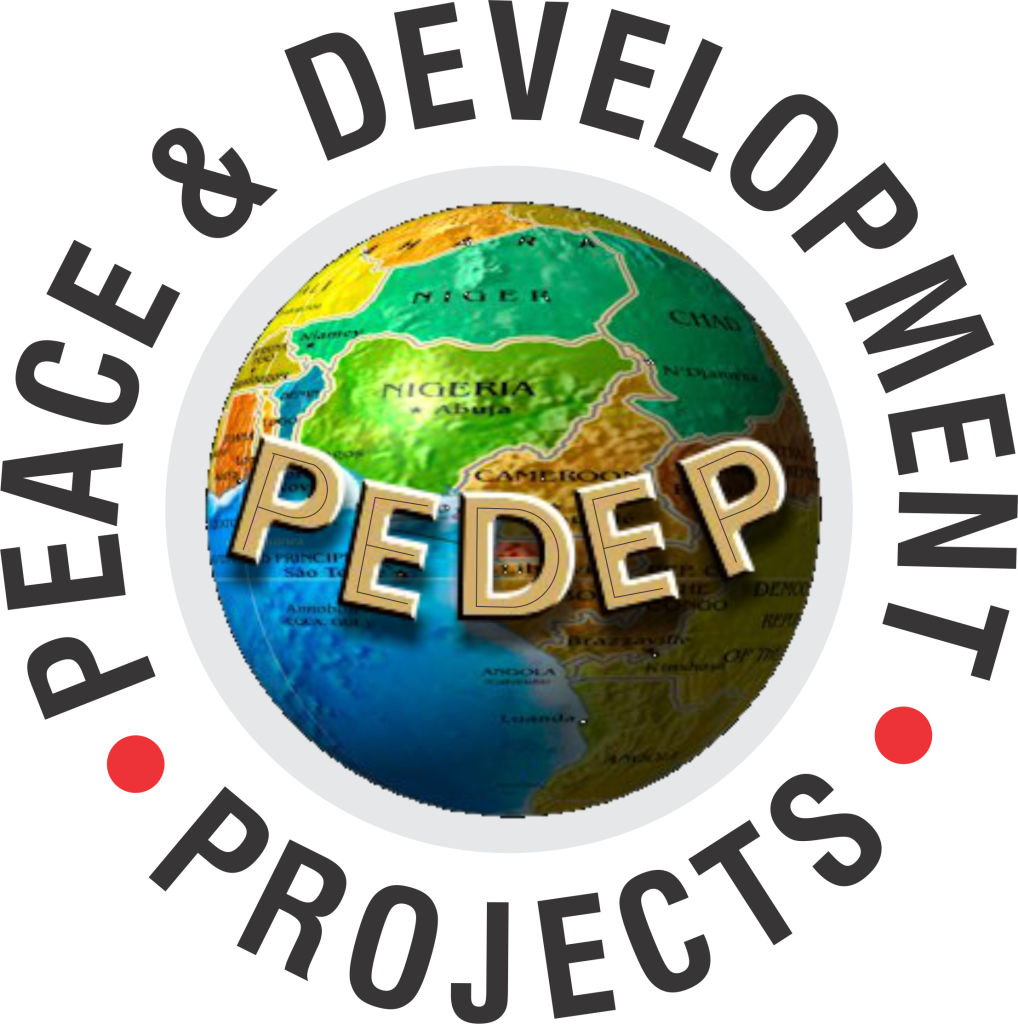special report
The Role of Peace, Community Advocacy, and Conflict Resolution in National Development and Prosperity
Introduction
Peace, community advocacy, and conflict resolution are foundational pillars for achieving sustainable national development and prosperity. These elements form the bedrock upon which nations can build equitable economies, cohesive societies, and stable political systems. In regions like Nigeria, where historical grievances, resource competition, and socio-economic inequalities have fueled conflicts, initiatives such as those championed by Peace and Development Projects (PEDEP) are critical. By addressing these challenges head-on, PEDEP provides a unique blueprint for leveraging peace and advocacy to drive national growth.

Peace Talks
Conflict Resolution
Democratic Empowerment
Research
The Interconnection of Peace and National Development
Peace is more than the absence of conflict; it is a state of societal harmony that fosters productivity, innovation, and collaboration. Nations with stable and peaceful environments attract investments, sustain economic growth, and improve the quality of life for their citizens. In contrast, conflict disrupts governance, drains resources, and exacerbates poverty. PEDEP’s work in the Niger Delta exemplifies how peace initiatives can break cycles of violence and unlock the region’s potential for development. Through programs like the Peace-Talks radio series and the Community-Based Advocacy Network, PEDEP has demonstrated that peace is a precondition for progress.
Community Advocacy as a Catalyst for Change
Community advocacy ensures that marginalized voices are heard, fostering inclusion and equitable development. It empowers individuals and communities to engage in decision-making processes, thereby reducing the risk of disenfranchisement and unrest. PEDEP’s advocacy-driven initiatives, such as the Grassroots Democratic Empowerment Project, illustrate the transformative power of equipping local populations with the tools to demand accountability and participate actively in governance. Advocacy bridges the gap between the government and the governed, creating a partnership that drives policy changes and equitable resource allocation.
Conflict Resolution: A Pathway to Unity and Progress
Conflict resolution addresses the root causes of disputes, providing sustainable solutions that prevent recurrence. By fostering dialogue, mediation, and collaboration, conflict resolution paves the way for long-term stability. PEDEP’s efforts, including its research on small arms proliferation and peacebuilding workshops, highlight the importance of resolving disputes constructively. The organization’s initiatives underscore that resolving conflicts at the grassroots level is essential for national cohesion and prosperity.
Unique Perspectives on the Role of Peace, Advocacy, and Conflict Resolution
Economic Resilience through Peace Peaceful societies can maximize their economic potential by encouraging industries, such as tourism, agriculture, and technology, to thrive. PEDEP’s sustainable livelihoods survey, conducted in collaboration with Chevron Nigeria Limited, demonstrates the link between peaceful coexistence and economic resilience. Communities that resolve conflicts amicably can focus on building industries that enhance living standards.
Women and Youth as Agents of Change Women and youth are often disproportionately affected by conflict, yet they hold immense potential as peacebuilders and advocates. PEDEP’s inclusion of diverse community members in its initiatives, particularly through the COREPEC network, highlights the importance of engaging these groups. Their involvement ensures that solutions are inclusive and sustainable, reflecting the diverse needs of society.
The Role of Media in Advocacy and Peacebuilding The media is a powerful tool for shaping public opinion and fostering dialogue. PEDEP’s media workshop on constitutional dialogue underscores the role of journalists in promoting peace and holding stakeholders accountable. By empowering the media to report responsibly and advocate for conflict resolution, societies can foster transparency and trust.
Conclusion: A Blueprint for National Prosperity
PEDEP’s work exemplifies how peace, community advocacy, and conflict resolution are integral to national development and prosperity. By addressing systemic inequalities, fostering dialogue, and empowering communities, PEDEP has set a precedent for transformative change in conflict-prone regions. Nigeria’s journey toward sustainable development requires a concerted effort to replicate and scale such initiatives, ensuring that every citizen can contribute to and benefit from the nation’s progress.
The call to action is clear: policymakers, civil society, and international partners must prioritize peacebuilding and advocacy as cornerstones of development. The lessons from PEDEP’s initiatives show that investing in peace is not just a moral imperative but a strategic necessity for achieving a prosperous and harmonious nation.

